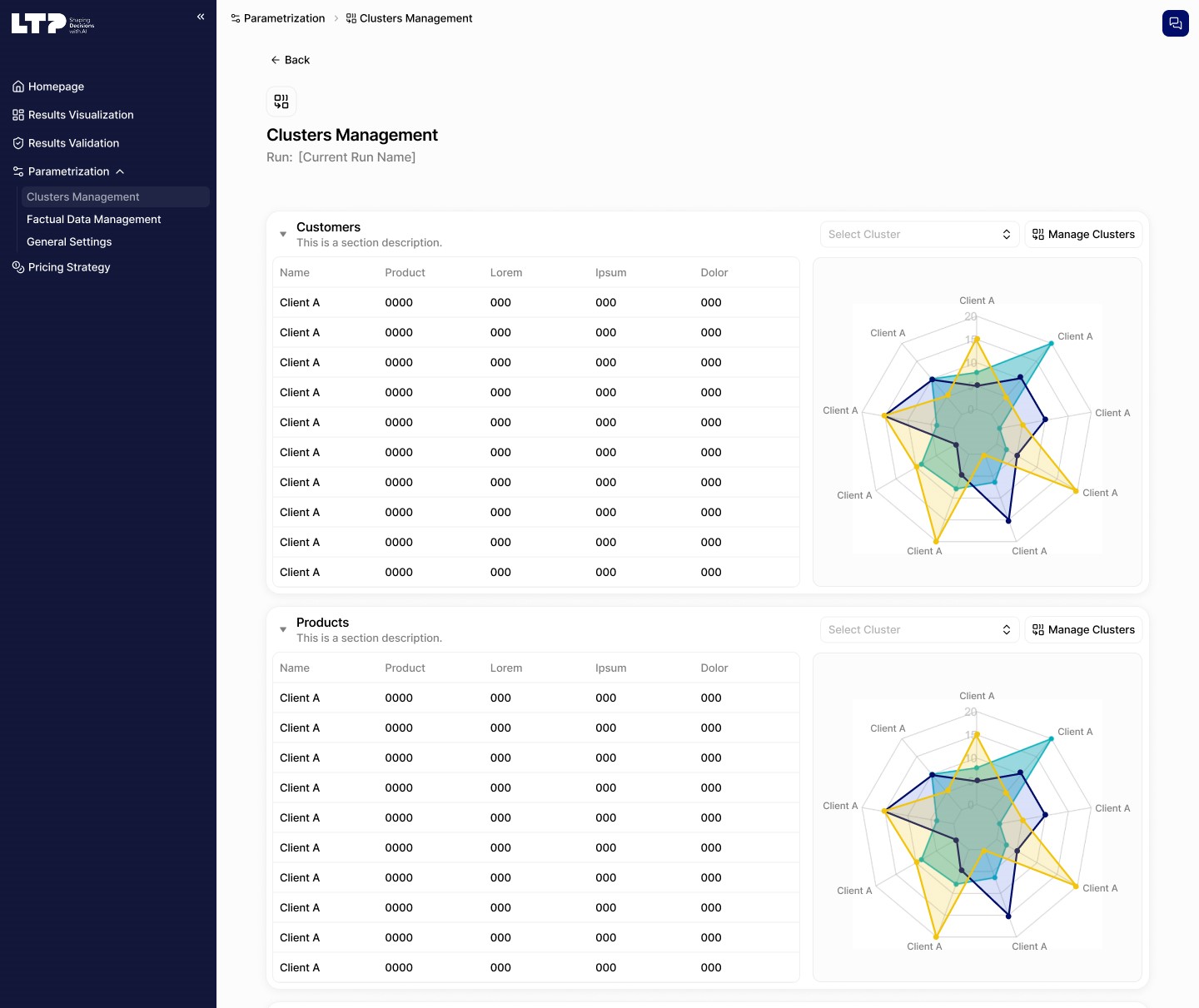Our AI-generated summary
Our AI-generated summary
How analytics is storming into marketing departments
The corporate world has been embracing analytics and artificial intelligence systems within an increasing number of business functions that have traditionally been oblivious to its potential. Additionally, the digitalization of the customer journey is increasing the amount and detail of data that can be accessed, which provides tremendous value towards decision-making and personalization efforts when properly addressed.
These new possibilities pose several challenges throughout the marketing mix that require an ever-increasing pool of analytical solutions. Therefore, companies that do not adopt these techniques within their processes will soon become outdated and lose market competitiveness. In addition, the deployment of analytical tools to the different marketing functions will increase marketers’ decision-making quality by empowering them to deliver the right product at the right price and at the right place to the right people.
Our AI-generated summary
Now, which marketing activities have the largest upside regarding the deployment of analytical methodologies?
Our AI-generated summary
Product optimization decisions will increasingly make use of detailed consumer market data and forecasting models, whether deciding a retailer’s assortment or a Consumer Packaged Goods (CPG) company’s portfolio.
We will explore this question by enumerating several applications that companies should be looking to improve soon and by examining a recent client analytical transformation. Still, figuring out areas of improvement is not enough for marketing departments to embrace the future, as they must first adapt their own skills and capabilities to embrace a new age of Marketing.
Leveraging the P's of analytics
Recently, marketing departments have started to deploy analytical processes and artificial intelligence into the marketing mix of their brands’ portfolio, but the full potential is still left uncovered.
However, with analytics becoming a reality in marketing departments all the way from strategy to operations, this procedure is neither sustainable nor capable of promoting process adjustments and continuous improvement.
Additionally, marketers planning distribution channels will find tremendous opportunities when challenged with sales location planning or customer contact optimization. Promotional planning, recommendation systems, product pricing and media planning are all activities that will further require personalization efforts to maximize their efficiency. And finally, the customer of the future will be increasingly demanding towards brands, turning personalized and efficient communication from a competitive advantage into a must-have for any corporation.
While there is extensive potential for analytical processes, companies should realize that the combination of analytics with management experience and creativity is still paramount for the success of improvement initiatives. Moreover, resource investment should always be as effective as possible, so expected returns on investment (ROI) should always be evaluated before jumping into any transformational endeavor.
Artificial intelligence supporting marketing decisions
Take the work we have recently done with a large retailer, in which there was a concrete opportunity to leverage both the teams’ business knowledge and the overwhelming richness of big internal and external data to improve product assortment decisions. The teams clearly knew that analytic processes would be extremely helpful not only to identify and forecast overall market trends, but also to support the customization of product selection to store-specific customer characteristics.
In the past, mass customization across all the stores was too complex to be included in the decision-making process, but specially designed analytical models and a careful parametrization of category strategy enable the fine-tuning of managers’ assortment decisions to maximize profitability and to improve supplier negotiation efforts.
The new age of the marketing function
The megatrend of digitalization has had a corporate-wide reach across all business functions. Marketing departments have typically had a hard time embracing all the opportunities that come along, mainly due to a misalignment between the required capabilities and the typical marketer skills.
Typically, companies have either outsourced or leveraged expert internal teams from other departments to obtain the required capabilities to embrace artificial intelligence in their marketing processes.
As such, not only should CMOs promote the integration of analytic-savvy teams within their departments, but marketing business schools should also include these skills within their curriculum. The marketer of the future will combine creative and business skills with analytic and digital capabilities to embrace the incoming challenges, and the first-moving organizations into this field will gain a competitive advantage for the new age of marketing.















